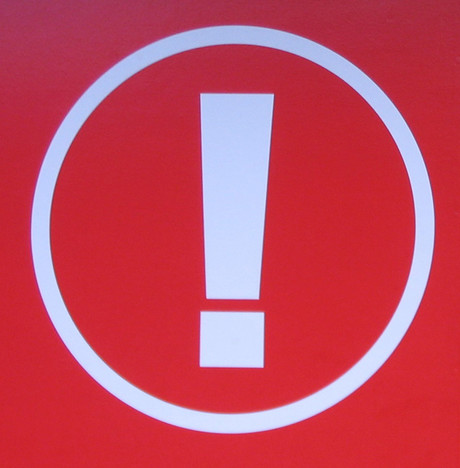Warning issued against dangerous TPS cable being sold in NZ

Australian electrical bodies have issued a warning regarding non-compliant and unsafe TPS cable being supplied and sold in New Zealand.
Energy Safety New Zealand recently issued a safety warning saying that the thermos-plastic sheathed (TPS) cable marked “EESS 150102-0” was sold in either white or yellow sheathing and was produced in 2.5 mm2 and 1.5 mm2 sizes. Testing had shown the insulation on the cables will become brittle and fracture within a few years of installation, posing a serious risk of fire or electric shock.
Master Electricians Australia Chief Executive Officer Malcolm Richards said the cable had most likely been imported from China. He urged Australian Border Force and electrical safety authorities to be on high alert for non-compliant imports, to ensure the New Zealand experience is not repeated here.
“We are deeply concerned because this problem looks very similar to the Infinity Cables issue from several years ago. It would be deeply concerning if the same factory was pumping out the same product under a different brand, and trying to find a market here in Australia,” Richards said.
“Even worse, it may be some of the Infinity Cable that was recalled is now being rebadged and resold under a new name.
“Either way, we urged Customs officials to scrutinise very closely the paperwork associated with any imported electrical cable, and to be absolutely sure that imports are going to comply with our tough laws.
MEA is advising contractors to source their products through reputable wholesalers, and for consumers to leave the electrical work to the experts.
Australian Cablemakers Association Chairman Greg Stack is also urging the industry to exercise extreme caution due to the significant safety risk posed by this cable. The non-compliant TPS (flat building wire cable) was allegedly imported by a NZ company, which is now in liquidation, and it is understand that the cable was manufactured in China, according to Stack.
Stack said that the “cable in question was printed with a number that purported to be an Electrical Equipment Safety System (EESS) certification number. This brings into question the value of the EESS application to building cables without also implementing a strict surveillance and monitoring system to ensure products continue to comply with the Standards’ requirements.
“The fragility of the EESS is underlined by this incident; we simply must do more to police and check that manufacturers are adhering to our standards.
“This is another example of the dangers of faulty and substandard building wire cable being imported that puts life and property at risk,” Stack said.
“We have seen non-complaint cables like this before with Infinity cable and a number of others; it’s time for governments across Australia to take the threat of these dodgy building products seriously and take steps to ensure a consistent national compliance regime is in place.
“We must not wait for a fatality from electrocution or a fire before action is taken.”
Upskilling for the energy transition
In this interview, Anthea Middleton, CEO of Powering Skills Organisation, discusses the pathways...
Should businesses choose in-house or third-party manufacturing?
Companies must evaluate their specific needs, goals and capabilities before committing to a...
Focus on Chris Mattner
From being expelled from high school to leading a trailblazing South Australian electrical and...




